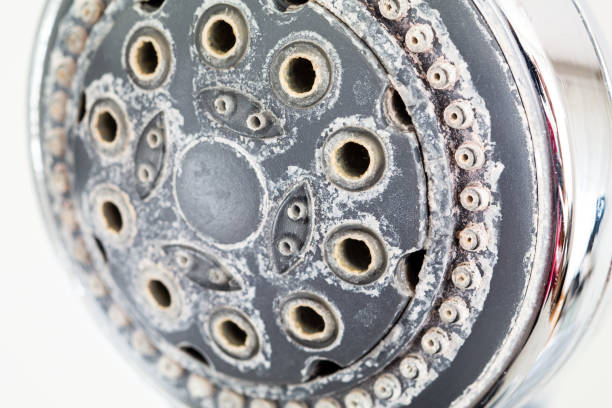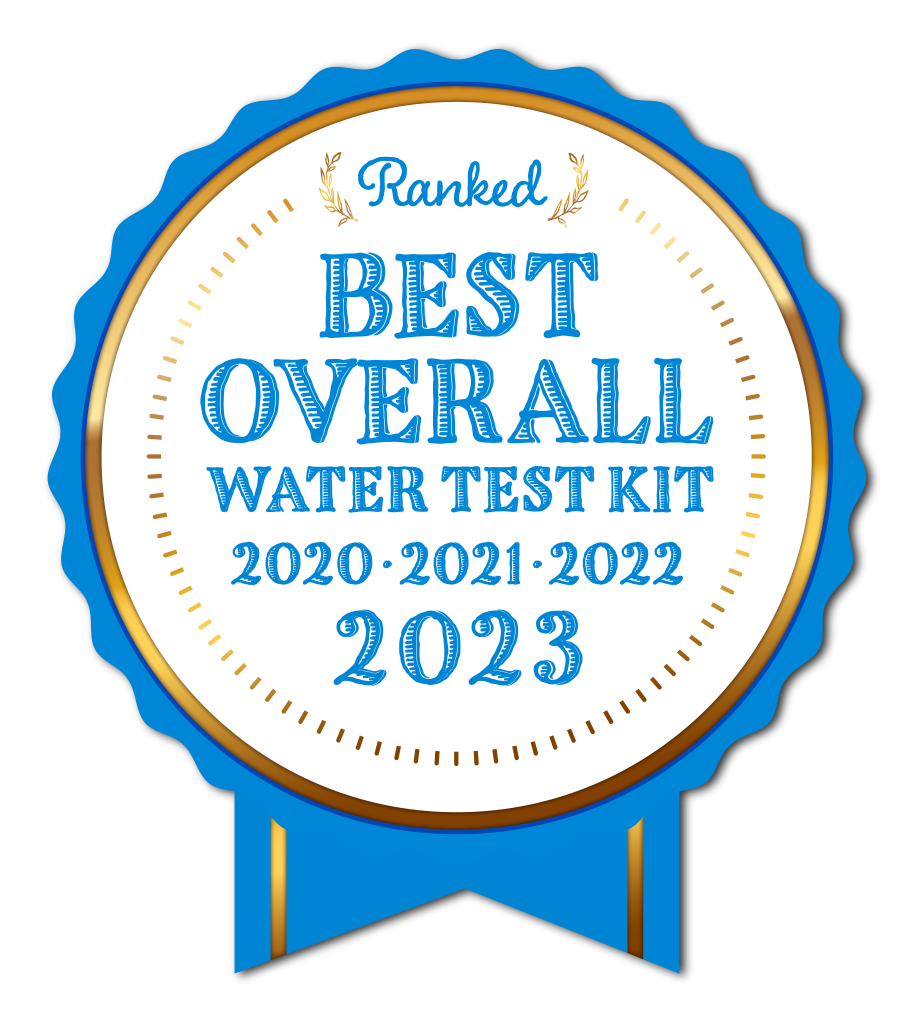Hardness as CaCO3

If your water causes this, you have high levels of water Hardness. Safe Home offers several kits that provide drinking water testing for hardness in city water and well water supplies.
Parameter Type: Drinking Water Testing for Volatiles
Parameter Name: Hardness as CaCO3
What it is and Where it Comes From:
Total hardness is expressed as the sum of carbonate hardness and non-carbonate hardness: Total hardness = Carbonate hardness + Non-carbonate hardness. Hard water forms scale, usually calcium carbonate, which causes a variety of problems. Left to dry on the surface of glassware, silverware, and plumbing fixtures (shower doors, faucets, and sink tops), hard water leaves an unsightly scale called water spots. Scale that forms inside water pipes eventually reduces water pipe carrying capacity. Scale that forms within appliances, pumps, valves, and water meters causes wear on moving parts. When hard water is heated, scale forms much faster. This creates an insulation problem inside boilers, water heaters, and hot-water lines, and increases water heating costs. Soft water is considered water that measures 75 ppm or less. Moderately hard water ranges from 76 ppm à 150 ppm. Hard water ranges from 151 ppm à 300 ppm. Very hard water is considered anything above 300 ppm. Drinking water testing gives you several benefits like peace of mind, identifying contaminants in your water, and insight into health concerns. Safe Home offers two platforms of drinking water testing for hardness. The first platform in drinking water testing for hardness is Do-It-Yourself, this allows you to perform testing in the comfort of your own home. The second platform is a Laboratory drinking water testing kits for hardness, allowing you to collect your water sample and ship it directly to our EPA-Certified Laboratory. This platform of drinking water testing will give you an accurate level based on the lowest level of a parameter our instruments can detect (Method Detection Level). Safe Home drinking water testing for physical properties can be used for city and well water supplies. Drinking water testing should be done any time you notice a significant change in your water quality.
Health Effects:
Drinking hard water is generally safe. In fact, it may be beneficial towards your health, if your body has certain mineral deficiencies (essential minerals, such as calcium and magnesium). Some other possible hard water health effects have been linked to lower cardiovascular disease mortality. Although there may be a few benefits to drinking hard water, you might be better off switching to soft water. It has far more benefits, not just when it comes to consumption, but also for the pipes it runs through, your hair and even your skin. If the pipes in your home have excess build-up from very-hard water, your body’s plumbing system might also be challenged (urinary tract, kidneys etc.). It is a double-edged sword that only you can evaluate the final benefits from.
Solutions to Contaminant Levels:
Removing hardness from water is called softening and hardness is mainly caused by calcium and magnesium salts. These salts are dissolved from geologic deposits through which water travels. The length of time water is in contact with hardness producing material helps determine how much hardness there is in raw water. The two basic methods of softening public water supplies are chemical precipitation and ion exchange. Other methods can also be used to soften water, such as electrodialysis, distillation, freezing, and reverse osmosis. These processes are complex and expensive and usually used only in unusual circumstances. Water becomes hard by being in contact with soluble, divalent, metallic cations. The two main cations that cause water hardness are calcium (Ca2+) and magnesium (Mg2+). Calcium is dissolved in water as it passes over and through limestone deposits. Magnesium is dissolved as water passes over and through dolomite and other magnesium bearing formations. Because groundwater is in contact with these geologic formations for a longer period than surface water, groundwater is usually harder than surface water. Although strontium, aluminum, barium, iron, manganese, and zinc also cause hardness in water, they are not usually present in large enough concentrations to contribute significantly to total hardness. Who do I need to contact to find out more information about water quality in my area? Every community water supplier must provide an annual report to its customers, known as a Consumer Confidence Report (CCR). The report provides information on your local drinking water quality, including the water’s source, contaminants found in the water, and how consumers can get involved in protecting drinking water. How often does the local public water system preform drinking water testing? Frequency of drinking water testing depends on the number of people served, the type of water source, and types of contaminants. Certain contaminants are tested more frequently than others, as established by the Safe Drinking Water Act. You can find out about levels of regulated contaminants in your treated water for the previous calendar year in your annual Consumer Confidence Report (CCR).


